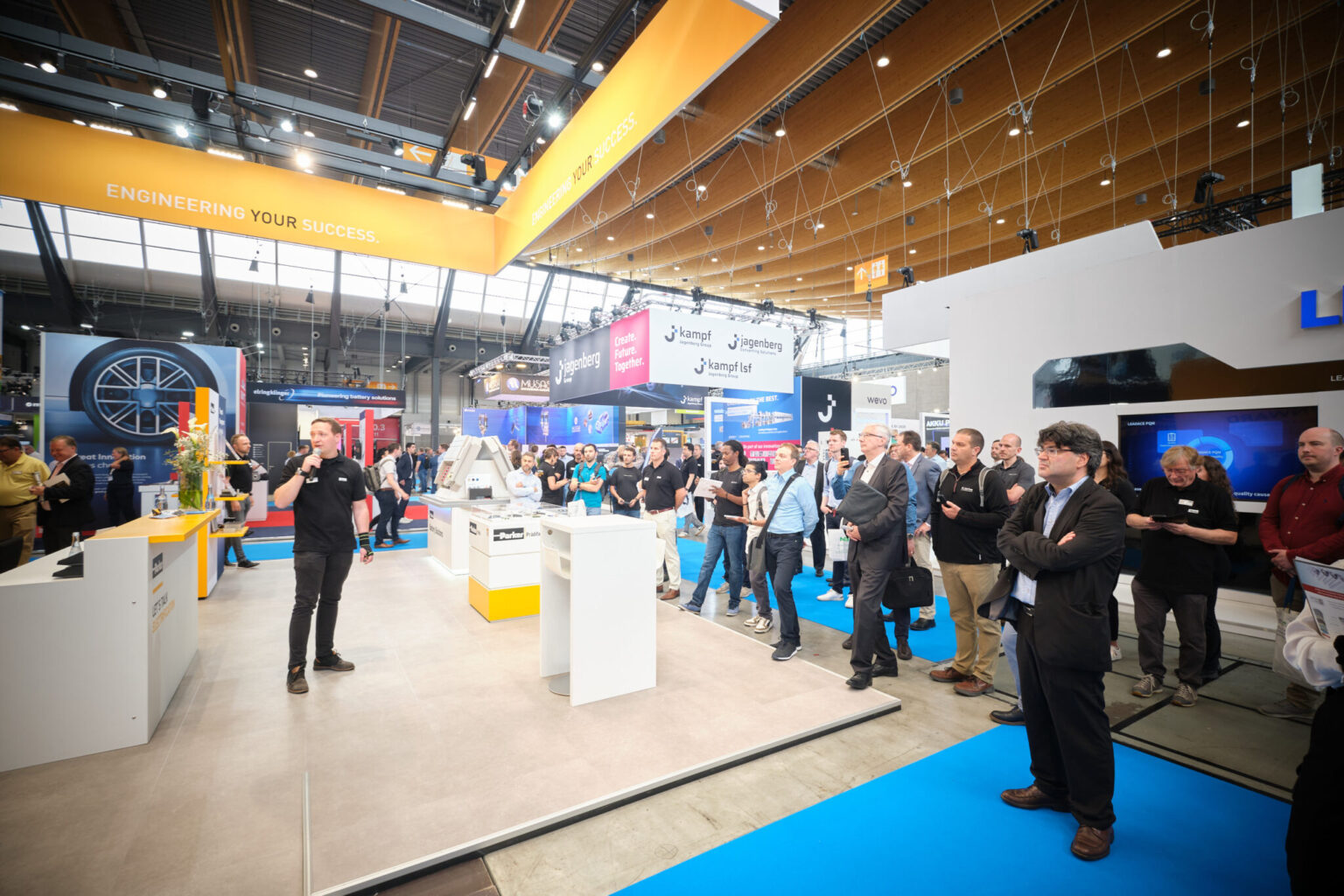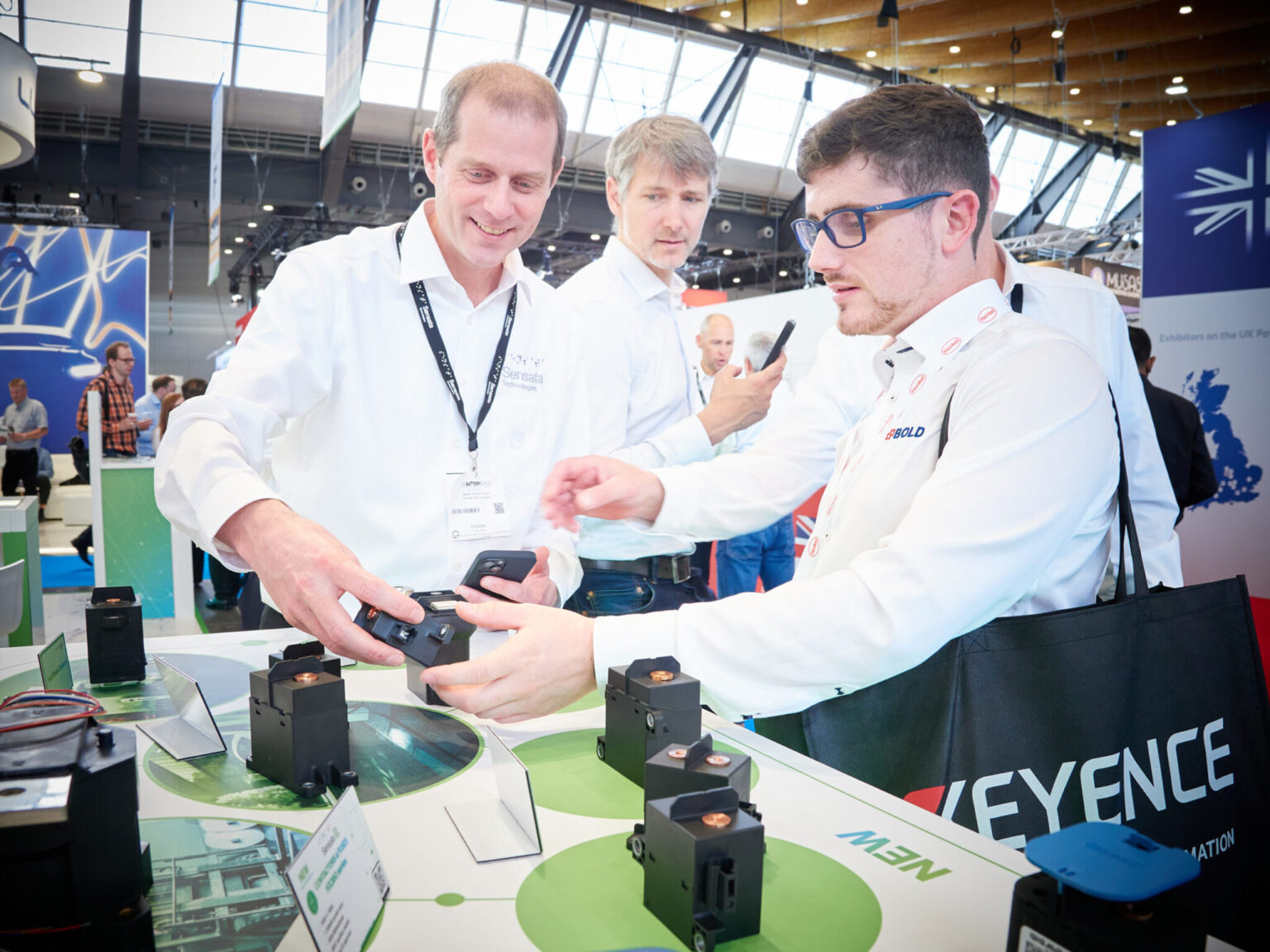The Role of Transportation Events in Shaping Industry Trends
Transportation events are essential gatherings that empower industry professionals to showcase the latest advancements and innovations. Think of them as a vibrant marketplace where ideas flourish and partnerships form. They provide an opportunity for attendees to network with others who share a passion for the latest technologies, including electric mobility and sustainable practices. Whether you’re a small start-up or a leading manufacturer, these events open doors to new collaborations and market insights. Participating in a transportation event allows companies to present their breakthrough solutions, such as hydrogen and fuel cell technologies, capturing the attention of potential investors and customers alike. Imagine exploring cutting-edge prototypes or engaging discussions that can shape the future of transportation, and you’ll realize the immense value such events bring to the industry.

Hydrogen and Fuel Cell Technology: A Game Changer for Green Transport
The future of transportation is driving towards hydrogen and fuel cell technology, a pivotal innovation offering zero emissions and high efficiency. This technology converts hydrogen into electricity to power various vehicles, significantly reducing reliance on fossil fuels. Imagine a world where metropolitan cities buzz with quiet, clean vehicles rather than noisy, polluting ones—this vision is becoming a reality. The ongoing advancements in hydrogen and fuel cell technology are making it more accessible and viable for mass adoption. With the backing of passionate stakeholders at transportation events, research and investment into these technologies are rapidly accelerating. Real-world applications are sprouting up; fleets of buses powered by hydrogen are already operational in several cities, proving that this technology is not just an idea but a powerful tool happening now. As the conversation around sustainable transport expands, these events highlight businesses that prioritize green technologies, setting further trends for innovation.
The Rise of Electric Mobility Vehicles and Their Practical Applications
Electric mobility vehicles (EMVs) represent a transformative change in the way we commute. These vehicles are designed not only for efficiency but also for reducing the carbon footprint associated with traditional gasoline options. The surge in demand for electric mobility vehicles can be attributed to consumers becoming more environmentally conscious; they want smart, green options for their transport needs. Urban landscapes are changing as cities ramp up their EV infrastructures, such as charging stations and battery replacements. Real-life scenarios showcase families switching to EMVs for weekend trips or city dwellers adopting them for their daily commutes. As the technology improves, we’re seeing longer-range options and faster charging. Transportation events serve as a vital platform for showcasing these advancements, allowing manufacturers to present their latest models and innovations while engaging with enthusiastic audiences eager to learn more. By connecting people with cutting-edge solutions, these events nurture a community that keeps moving toward a sustainable future.

Summarizing the Innovations and Future Directions
As we delve into the advancements highlighted through transportation events, it becomes clear how vital they are for fostering innovation in the industry. Whether it’s through showcasing the transformative power of hydrogen and fuel cell technology or promoting the adoption of electric mobility vehicles, these events serve as catalysts for meaningful change. The rich exchanges and discussions that occur promote ongoing development and inspire action among industry players. As trends evolve and consumer needs shift, attending events organized by leaders in the field, such as Mobility Tech Asia, ensures that stakeholders remain at the forefront of new technology and business opportunities. Mobility Tech Asia is not just participating; they are shaping the future of transportation with unmatched supply advantages and a commitment to sustainable practices.